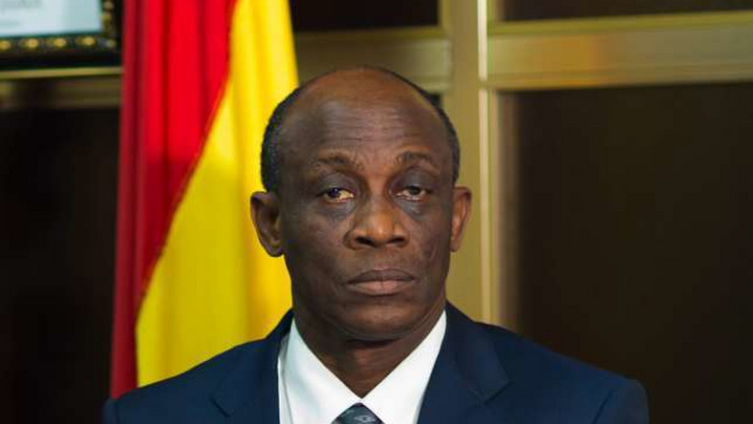
Audio By Carbonatix
Since 2017, we have argued against the change of fiscal accounting by the current government in treating ‘exceptional’ expenditure items and arrears as a footnote.
In particular, it has used this approach to account for the banking and energy sector bailout costs.
In fact, in the case of the energy sector costs, it has even skipped the footnote treatment and brazenly added the expenses and arrears to amortisation.
This is a departure from what past governments have done. They treated all exceptional revenue inflows and expenditure outflows ‘above the line’; hence they have added them to revenue, expenses or arrears, but showed them distinctly in the fiscal framework.
This means that the exceptional revenues decrease the deficit while the counterpart expenditures increase the budget deficit (also called the fiscal balance). Examples include divestiture and HIPC/MDRI (as revenues or receipts) and single spine, excessive subsidy, additional fuel cost for thermal plants during droughts, or gas supply disruption (as expenses).
However, when it came to the exceptional bailout costs, this government excluded the cost and boasted of better budget deficit performance. Note that at the same time government treated the related ESLA flows as revenues, which minimises the deficit or fiscal balance.
It is disappointing to note the defence from well-informed experts and institutions that govermment had the option to go against well-known GFS and IPSAS accounting rules on the matter.
The practice also defies the accrual accounting rules in the PFMA – and other well-informed experts simply chose to remain silent, including those who should set our national standards.
We must state that the IMF and rating agencies now isolate but include exceptional expenditures in determining the budget deficits or fiscal balance. To date, however, government has not changed this practice. Of course, the ballooning public debt stock has exposed this practice as a hoax.
As we wait for the budget for 2022 and the Provisional outrun for 2021, we wait to see how government will treat the ‘exceptional’ IMF US$1billion SDR inflows or revenues as a Budget Appendix Footnote or as income.
If it does, it will be following the ‘consistency’ rule but be incorrect. If it does not and follows what it does with ESLA now, it will also be consistent with their current practice but simply exercise discretion or an option that does not warrant it comparing its fiscal performance to those of any past governments.
It will continue to be disappointing for our experts and institutions to continue defending this practice or remaining silent.
****
The writer is the former Finance Minister during the Mahama administration.
Latest Stories
-
‘Clubs refused to look at me after my crash’ – Antonio on Qatar move
19 minutes -
Mayweather to fight kickboxer before Pacquiao rematch
29 minutes -
India and Canada reset ties with ‘landmark’ nuclear energy deal
38 minutes -
Mahama should equally credit NPP for economic stability – Economist
41 minutes -
Interior Ministry releases funds to settle 2025 rent allowance arrears for security services
1 hour -
Ghana evacuates diplomatic staff from Iran; embassy shut indefinitely — Ablakwa
1 hour -
France to boost nuclear arsenal and extend deterrence to European allies
2 hours -
Chinese community in Ghana marks ‘Year of the Horse’ with grand new year festival
2 hours -
When regional instability becomes national risk: Ghanaian tomato traders killings
2 hours -
Photos: President Mahama meets Tanzania President Suluhu Hassan
2 hours -
Mahama calls for cessation of Iran-US-Israel conflict, urging return to dialogue
3 hours -
Fuel prices could rise if Middle East conflict escalates – ACEP Boss
3 hours -
Elsie Addo Awadzi: Leadership reflections, one year on; 7 lessons from 7 years in public office
3 hours -
Finance Minister announces expiration of DDEP-induced restrictions on domestic bond issuance
3 hours -
Gov’t urged to aid private nursing training colleges to ease burden on public ones
3 hours

